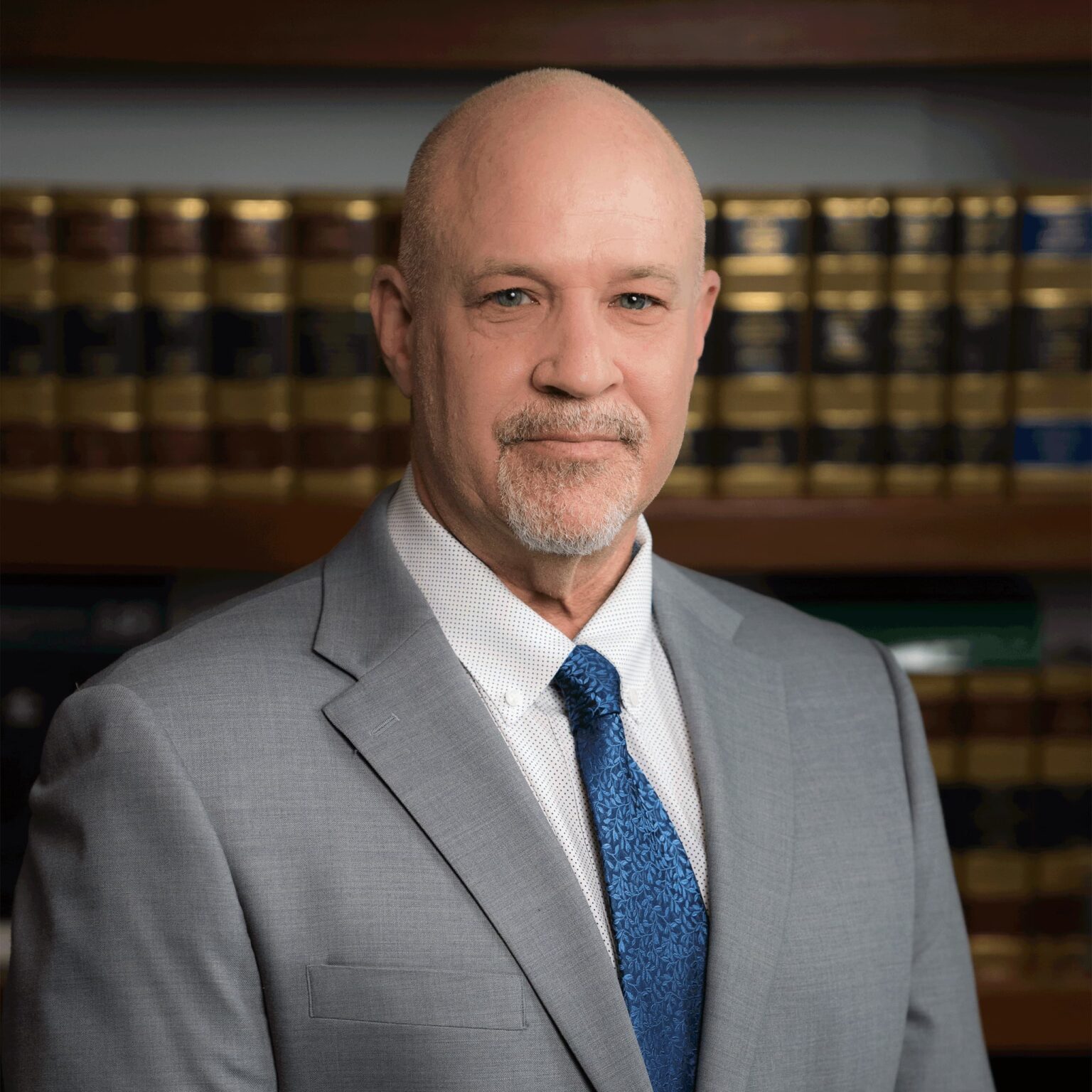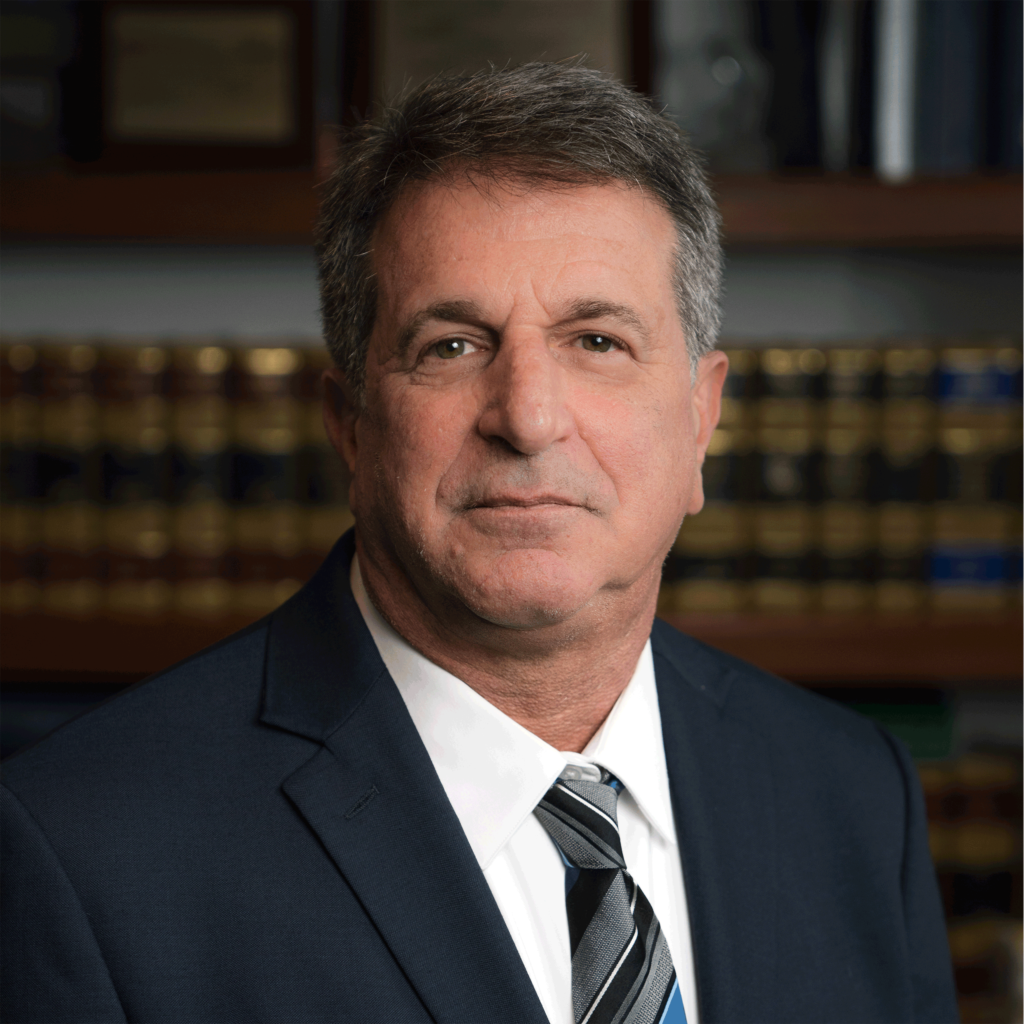When it comes to the well-being of our elderly loved ones, ensuring their safety and proper care should always be a top priority. Sadly, stories of nursing home neglect cases are all too familiar in The Sunshine State. The heart-wrenching consequences of neglect suffered by our loved ones in nursing home abuse cases take an emotional toll and make this issue all the more urgent.
In a recent article, a memory care facility in Florida said it was “shocked and horrified” after two of its caregivers were arrested on charges of elder abuse after they allegedly tormented a patient with dementia and recorded it.
Though it’s hard to hear these stories at any time, the emotional impact can be overwhelming when discovering that your own loved one has become a victim of nursing home neglect. This blog will explain how Florida law addresses these cases and what you can do if you suspect your loved one has suffered neglect in a nursing home.
At Cohen and Juda, P.A., our nursing home neglect lawyers have over 30 years of experience handling nursing home neglect cases. Call us at (954) 424-1440 to schedule your FREE consultation. Let us personally fight for you and your loved one.
What is Nursing Home Neglect?
First and foremost, let’s define what nursing home neglect is. Simply put, it’s a failure to provide the necessary care and attention to a resident, resulting in physical or emotional harm.
Neglect can take various forms, including inadequate hygiene, insufficient nutrition, and lack of proper medical treatment and care. It often goes unnoticed for long periods due to its subtle nature.
Nursing Home Neglect in The Sunshine State
Unfortunately, nursing home neglect is a serious issue in Florida. Some recent news headlines illustrate this:
- “Pensacola nursing home faces more allegations of elderly neglect”
- “Nursing Home Citations Double in Florida Since 2019”
- “Florida police arrest two nursing home employees for abusing elderly residents”
- “Florida nursing homes see spike in serious violations”
In addition to these troubling headlines, Florida Agency of Health Care Administration records indicated that nearly 1,000 nursing home elopements have occurred in Florida over the last few years, which could have been avoided with proper care.
Elopements are instances of residents of Florida nursing homes exiting their facility without proper authorization or supervision, often resulting in tragic consequences.
Different Types of Neglect
Nursing home neglect can manifest itself in various ways. A few examples that may be considered severe enough to break Florida law include the following:
- Basic Needs Neglect: Failure to provide food, water, or a safe environment. For example:
- A resident is consistently not given any meals or water for extended periods, leading to severe malnutrition, dehydration, and potential organ failure.
- The facility fails to address hazardous conditions, such as exposed wiring or broken handrails, leading to a resident’s severe injury or death.
- Medical Neglect: Failure to address medical concerns or administer medication properly. For example:
- A resident with a severe infection is denied proper medical care, leading to sepsis and life-threatening complications.
- A staff member administers a resident’s medication incorrectly, causing a severe allergic reaction or overdose that results in hospitalization or death.
- Personal Hygiene Neglect: Failure to assist with bathing, grooming, and other personal care tasks. For example:
- A bedridden resident is not repositioned regularly, leading to the development of advanced pressure ulcers (bedsores) that become infected and life-threatening.
- A resident’s severe lack of hygiene care results in a widespread infestation of lice or scabies, causing skin infections and distress among other residents.
- Social and Emotional Neglect: Ignoring the resident’s emotional well-being and isolating them from social activities. For example:
- A resident with dementia is consistently left alone and unattended for extended periods, resulting in severe emotional distress and an increased risk of wandering off, self-harm, or injury.
- A resident is subjected to ongoing verbal or emotional abuse by staff members, leading to severe depression, anxiety, and a decline in overall health
The Florida Nursing Home Residents’ Bill of Rights
Florida’s Nursing Home Residents’ Bill of Rights, outlined in Chapter 400 of the Florida Statutes, is a key piece of legislation that safeguards the well-being of residents. It sets out the rights of nursing home residents, some of which include the right to:
- Be treated with dignity and respect
- Be free from abuse and neglect
- Receive proper medical care
- Have their personal property protected
- Participate in social activities and programs
- Choose their own physician
- Voice grievances without retaliation
Why Nursing Home Neglect is a Crime According to Florida Law
Legal Duty of Care
Florida nursing homes have a legal obligation to provide a specific standard of care to their residents. This duty of care is established under Florida’s Nursing Home Residents’ Bill of Rights as indicated above and other relevant statutes.
When a nursing home fails to meet this standard of care, it breaches its legal duty, which can result in criminal charges.
Florida law considers the abuse, neglect, or exploitation of vulnerable adults as a crime under Section 825.102 of the Florida Statutes. Florida law aims to protect this vulnerable population from harm and ensure their safety and well-being by criminalizing nursing home neglect.
Criminal Penalties for Neglect
Florida law imposes strict penalties on nursing homes found guilty of neglect. Depending on the severity of the neglect and the harm caused to the resident, a nursing home or its staff members can face criminal charges ranging from misdemeanors to felonies.
Reporting Suspected Neglect
Agency for Health Care Administration
The Agency for Health Care Administration (AHCA) oversees nursing home complaints in Florida. AHCA is the state agency tasked with regulating, licensing, and overseeing healthcare facilities, including skilled nursing facilities (nursing homes) and assisted living facilities.
If you have a complaint or concern about a nursing home in Florida, you can file it with AHCA. They investigate complaints about the quality of care, residents’ rights, safety, and other issues in nursing homes.
In addition to the AHCA, the Florida Long-Term Care Ombudsman Program is crucial in addressing and resolving complaints or concerns raised by residents, their families, or others in long-term care facilities.
To file a complaint with the AHCA, use their online complaint form, call their toll-free hotline at 1-888-419-3456, or mail the complaint to the appropriate Consumer Complaint Coordinator. More information about filing complaints and contact details can be found on the AHCA website.
The Florida Department of Health
The Florida Department of Health (DOH) is another state agency involved in public health and well-being, but its primary focus is on promoting and protecting the health of all residents and visitors in the state.
While the DOH does not directly oversee nursing home complaints, it does play a role in various health-related aspects, such as the licensure and regulation of certain healthcare professionals, including nursing professionals.
If your complaint is specifically related to the professional conduct, actions, or competence of a healthcare professional practicing in a nursing home, such as a nurse or a physician, you may file a complaint with the Florida DOH.
The DOH’s Division of Medical Quality Assurance is responsible for investigating complaints against healthcare practitioners and taking appropriate disciplinary action when necessary.
To file a complaint with the Florida DOH, visit their online portal, call their toll-free number at 1-877-425-8852, or mail your complaint to the Florida Department of Health, Consumer Services Unit.
However, if your complaint concerns the nursing home facility itself or the quality of care provided within the facility, the AHCA is the appropriate agency to address your concerns.
Pursuing a Nursing Home Neglect Case in Florida
If you believe a family member is experiencing nursing home neglect or abuse, it’s crucial to be aware of all your legal options. Under Florida law, you have the right to engage a law firm or attorney to take legal action if you suspect any mistreatment. In extreme cases, your relative may be relocated to another nursing home for their safety and your reassurance until the matter is resolved.
Unaddressed nursing home negligence or abuse can escalate into life-threatening situations. Whenever you have concerns about the legal aspects of nursing home care, it’s wise to consult with a nursing home negligence lawyer.
Florida law takes elder abuse and neglect seriously. As an experienced personal injury law firm, we can work together to address any potential violations of your loved one’s fundamental rights. Familiarizing yourself with Florida law is an essential first step, and partnering with the right personal injury law firm is the second.
Frequently Asked Questions
Q: How long does a nursing home lawsuit take?
A: The duration of a nursing home lawsuit varies depending on the case’s complexity and other factors. It can take anywhere from several months to a few years to resolve.
Q: How to prove nursing home negligence?
A: To prove nursing home negligence, you must establish that the nursing home had a duty of care, breached that duty, and caused harm to your loved one as a result. Evidence, such as medical records, witness statements, and expert testimony, will be crucial in building a solid case.
Q: What is the most common abuse in nursing homes?
A: The most common abuse in nursing homes is often neglect, such as inadequate care for residents’ physical, emotional, or medical needs.
Q: What are the signs of nursing home abuse and neglect?
A: Signs of nursing home abuse or neglect may include unexplained injuries, bedsores, poor hygiene, sudden weight loss, changes in behavior, anxiety around certain staff members, and unexplained financial transactions or missing personal items.
Q: Can I file a lawsuit on behalf of a loved one in a nursing home?
A: Yes, you can file a lawsuit on behalf of a loved one in a nursing home or assisted living facility if you suspect they are a victim of abuse or neglect. You may act as their legal representative or guardian, working closely with an attorney to seek justice and compensation for the harm they have suffered.
Take Action Against Nursing Home Neglect: Let Cohen and Juda Fight for Your Loved One’s Rights
Don’t let your loved one continue to suffer in silence. It’s crucial to take action and seek justice if you suspect nursing home neglect. At Cohen and Juda, our experienced Florida nursing home lawyers are passionate about protecting the rights of nursing home residents and holding negligent facilities accountable. With our experience and dedication, we will fight tirelessly to achieve the best possible outcome for your loved one.
Our law firm has been personally helping South Florida clients seek justice for over 30 years, and we are here to help you and your loved one too. Contact us today at (954) 424-1440 or fill out the contact us form on our website to schedule your FREE consultation, and let’s work together to make a difference in the lives of our elderly loved ones.
Copyright © 2023. Cohen and Juda, P.A. All rights reserved.
The information in this blog post (post) is provided for general informational purposes only and may not reflect the current law in your jurisdiction. No information in this post should be construed as legal advice from the individual author or the law firm, nor is it intended to be a substitute for legal counsel on any subject matter. No reader of this post should act or refrain from acting based on any information included in or accessible through this post without seeking the appropriate legal or other professional advice on the particular facts and circumstances at issue from a lawyer licensed in the recipient’s state, country, or other appropriate licensing jurisdiction.
Cohen and Juda P.A.
8211 W Broward Blvd, Suite 310
Plantation, FL 33324
(954) 424-1440
https://www.cohenandjudaflorida.com/





